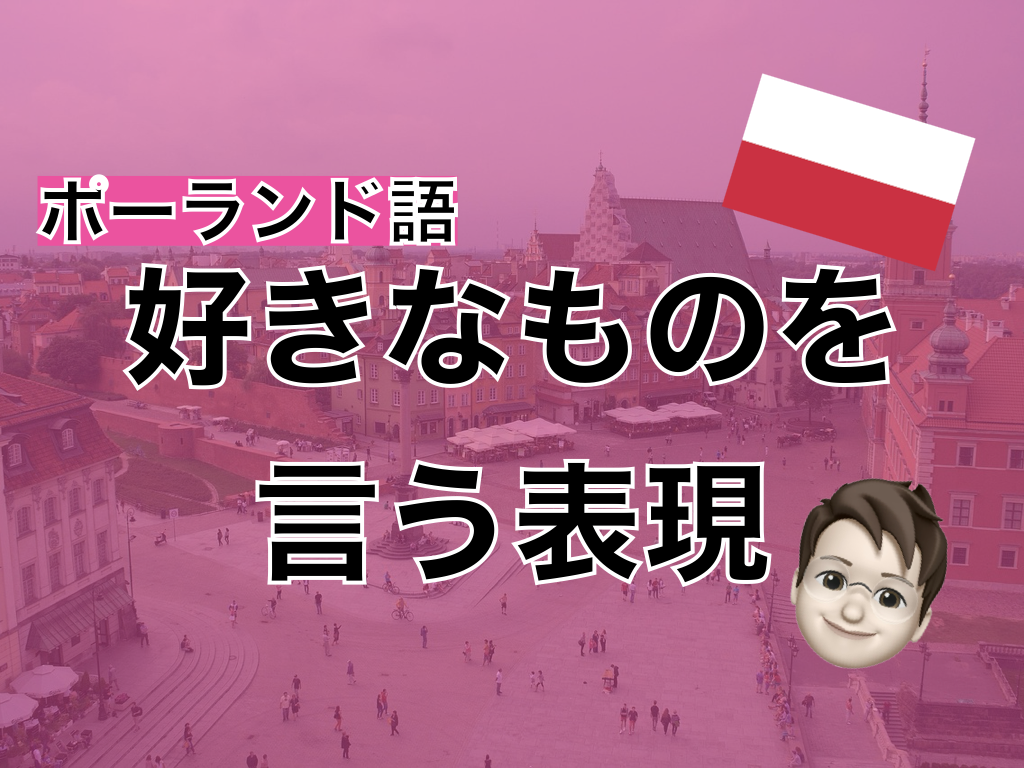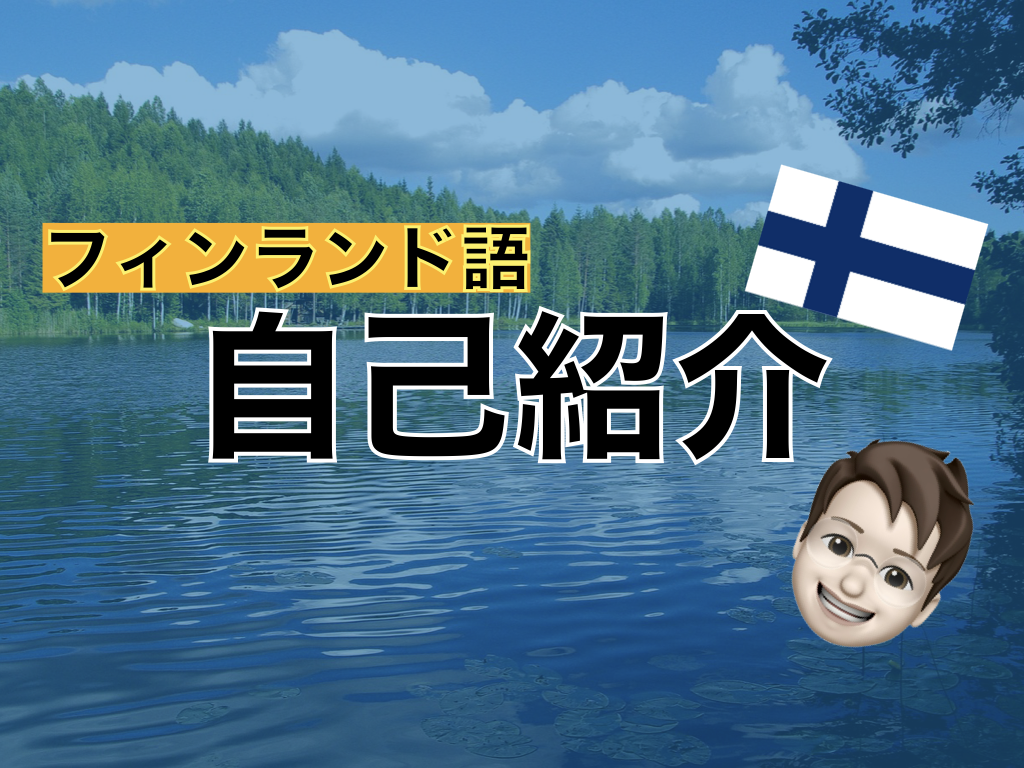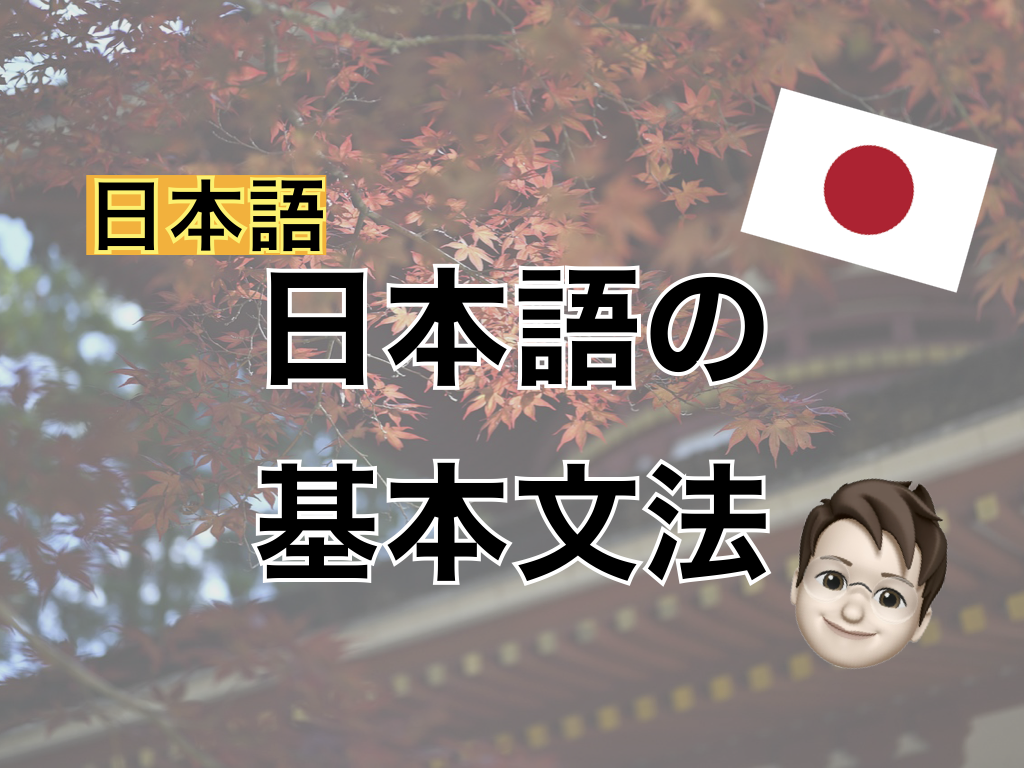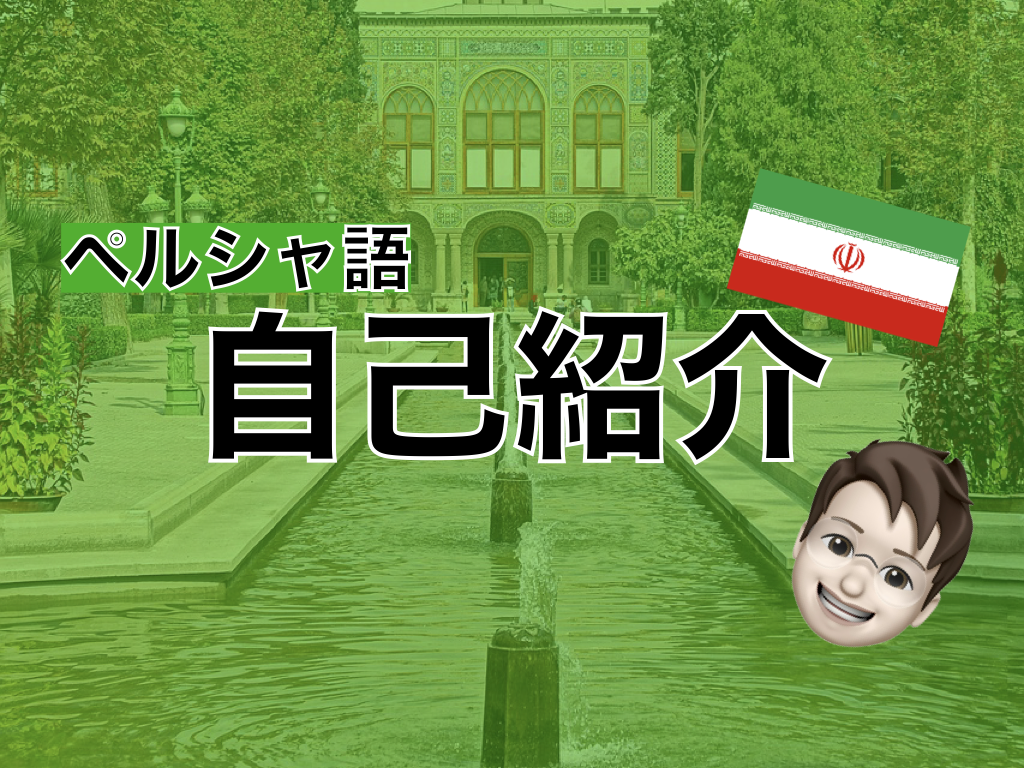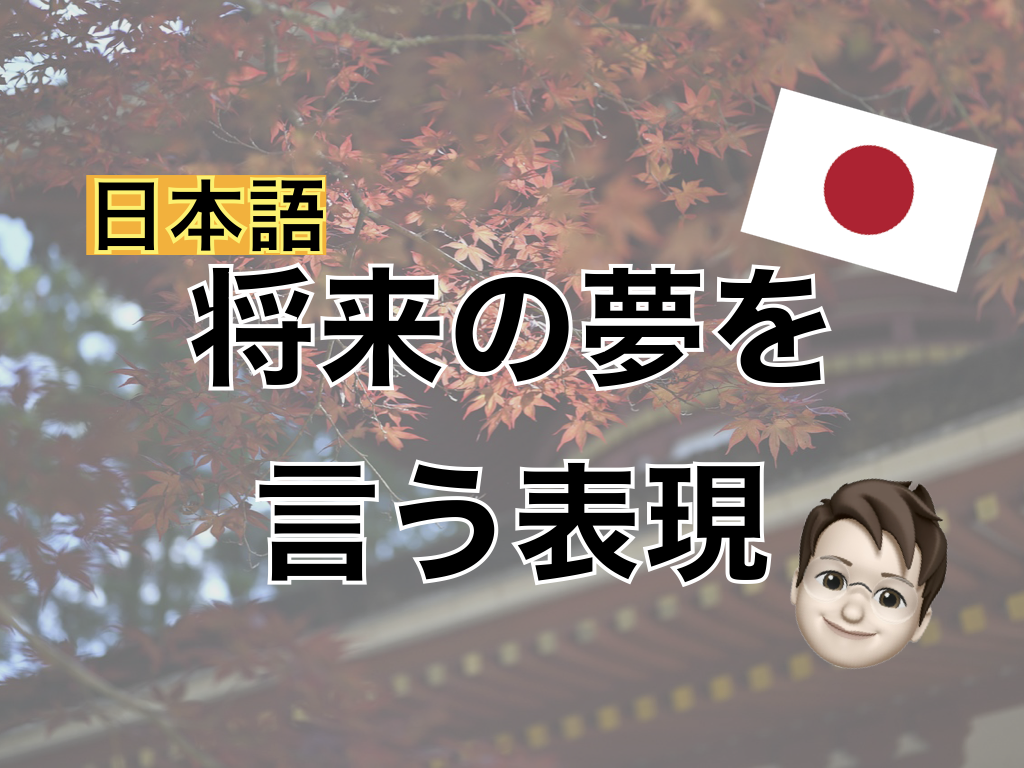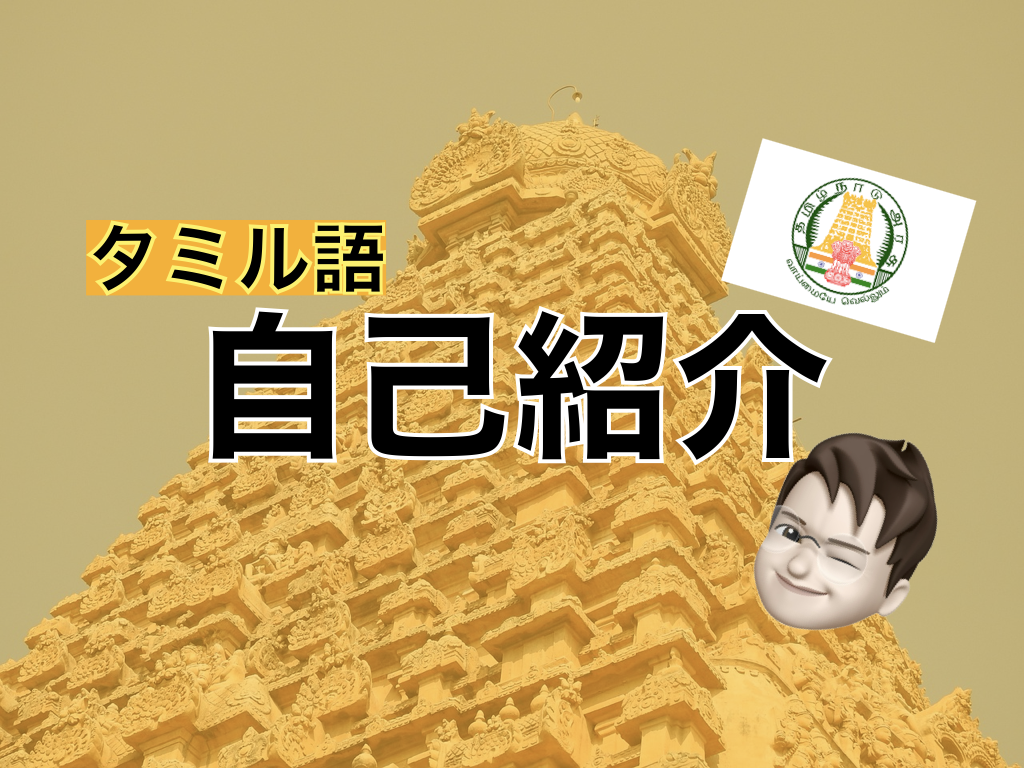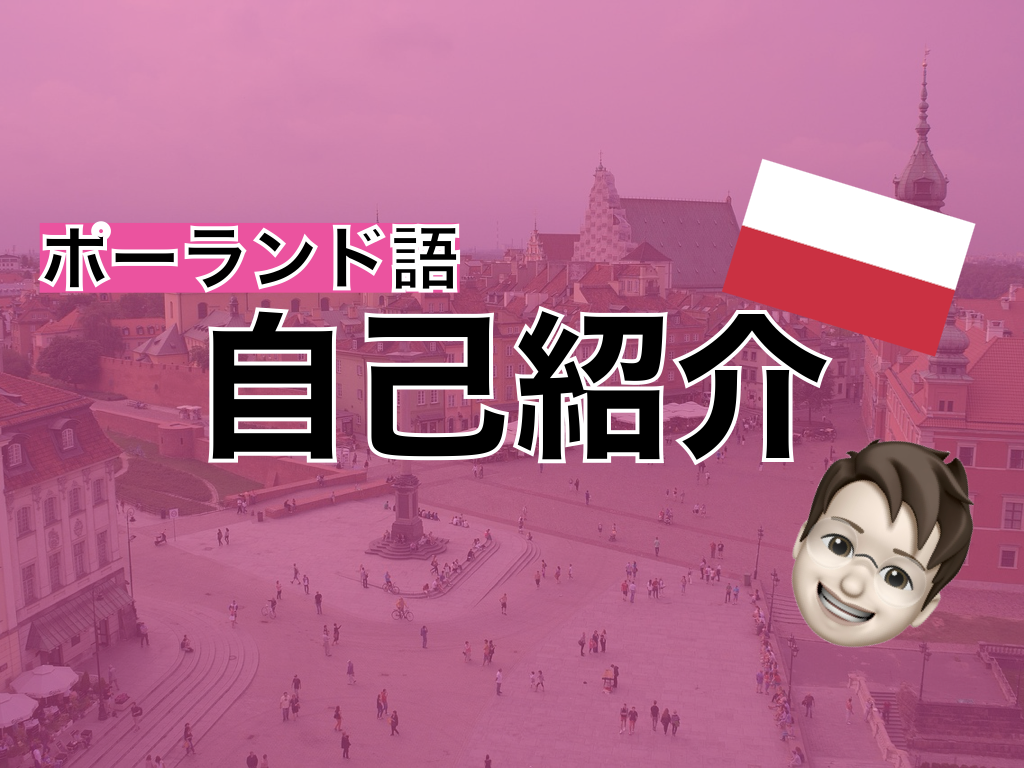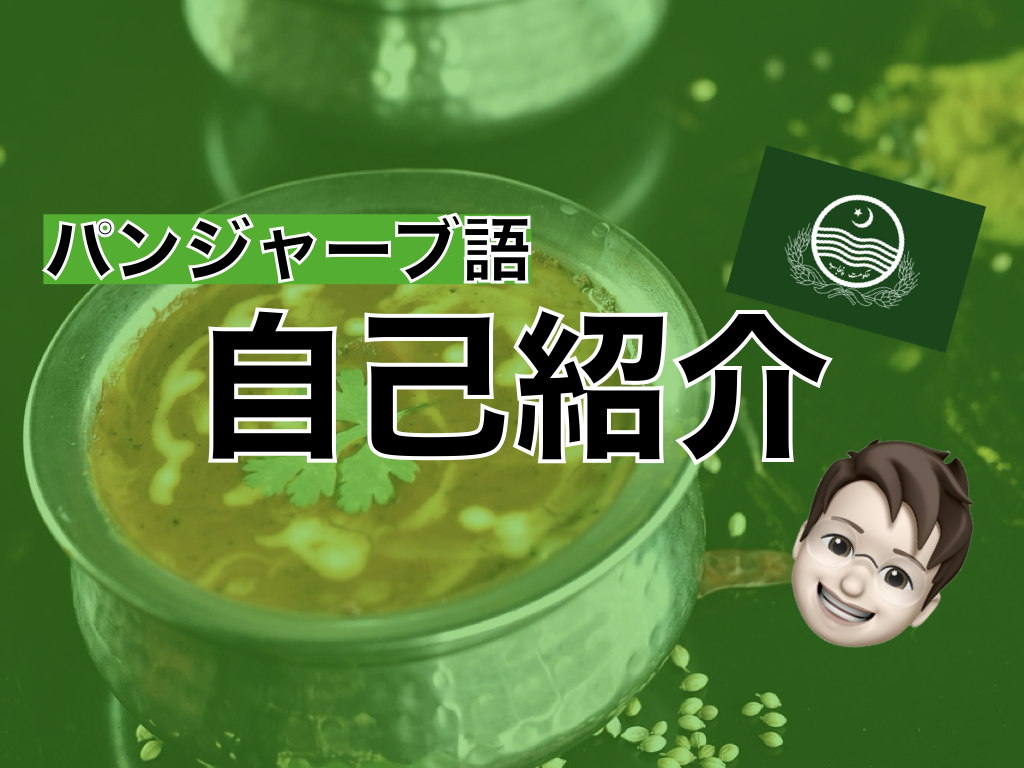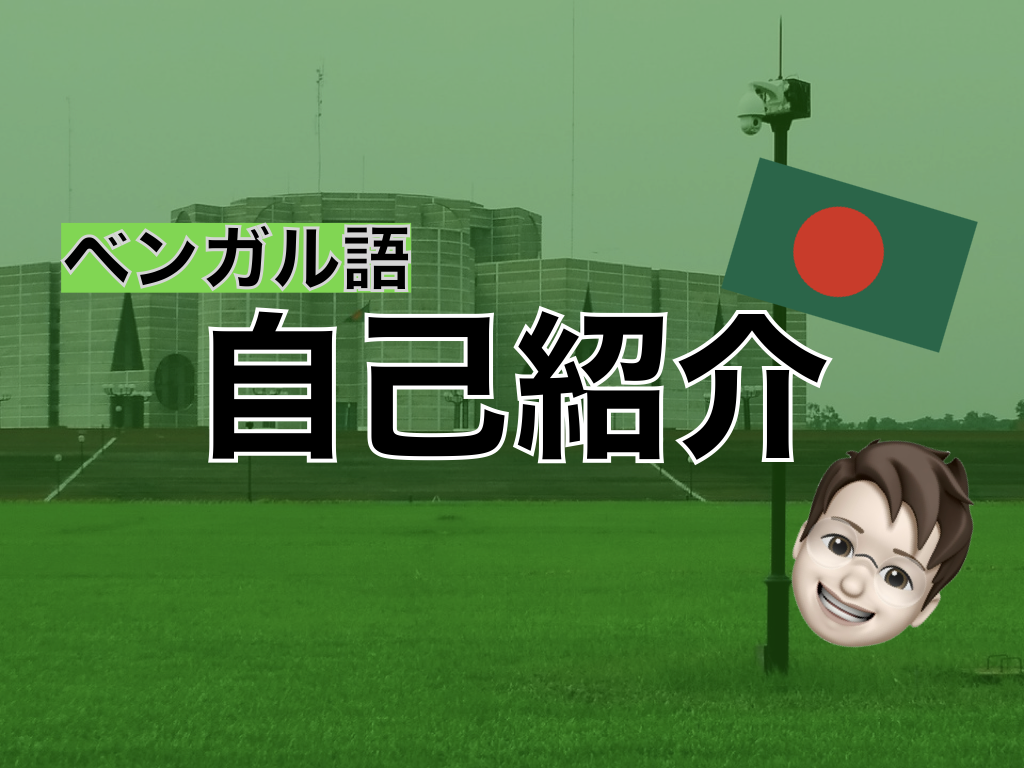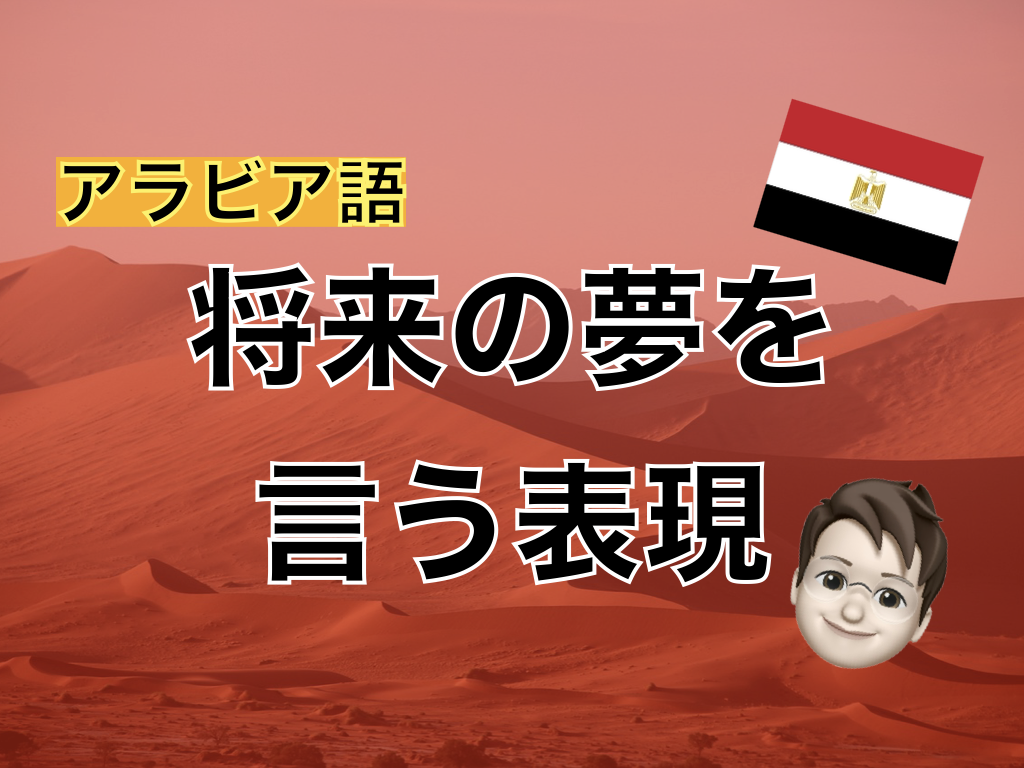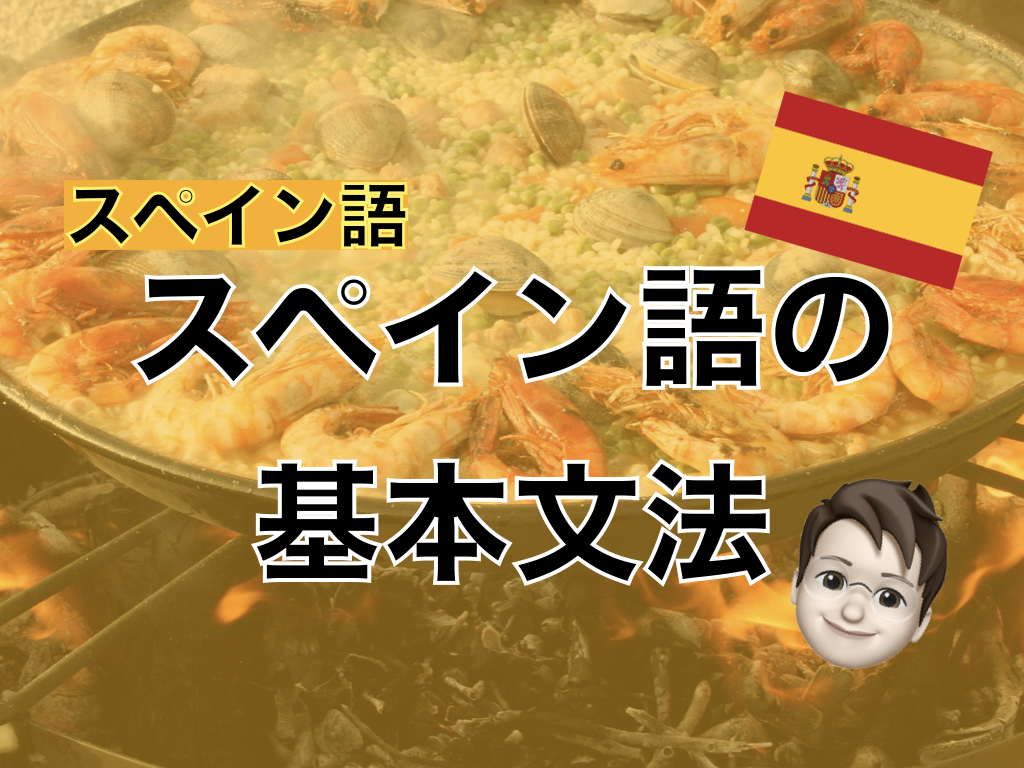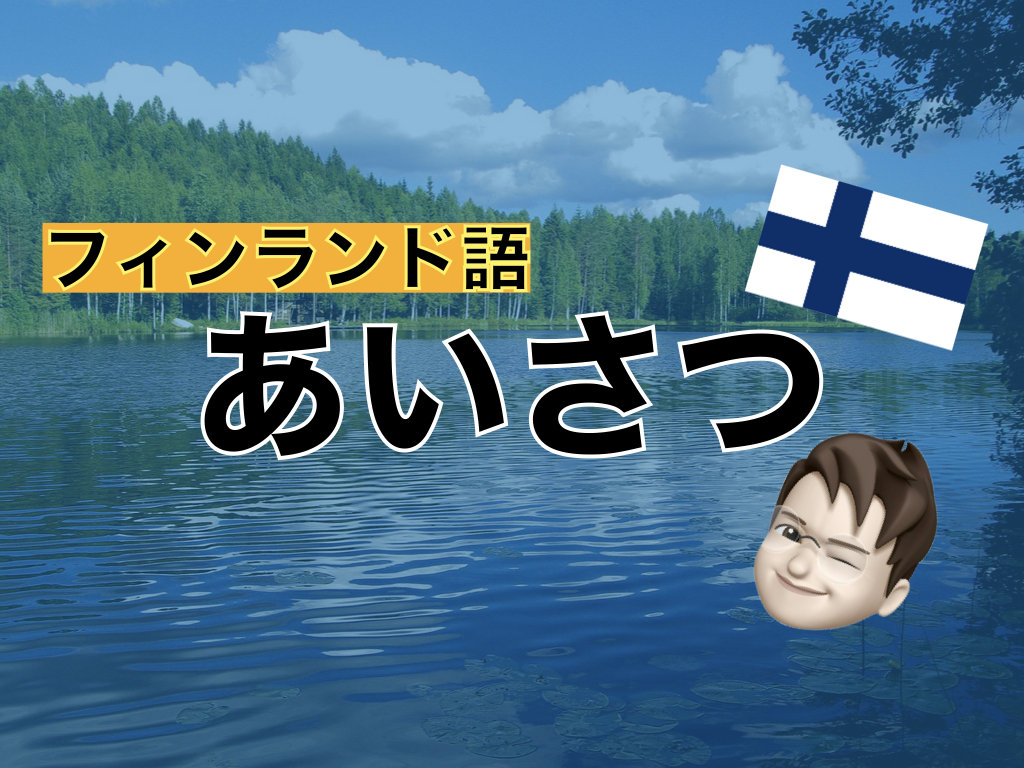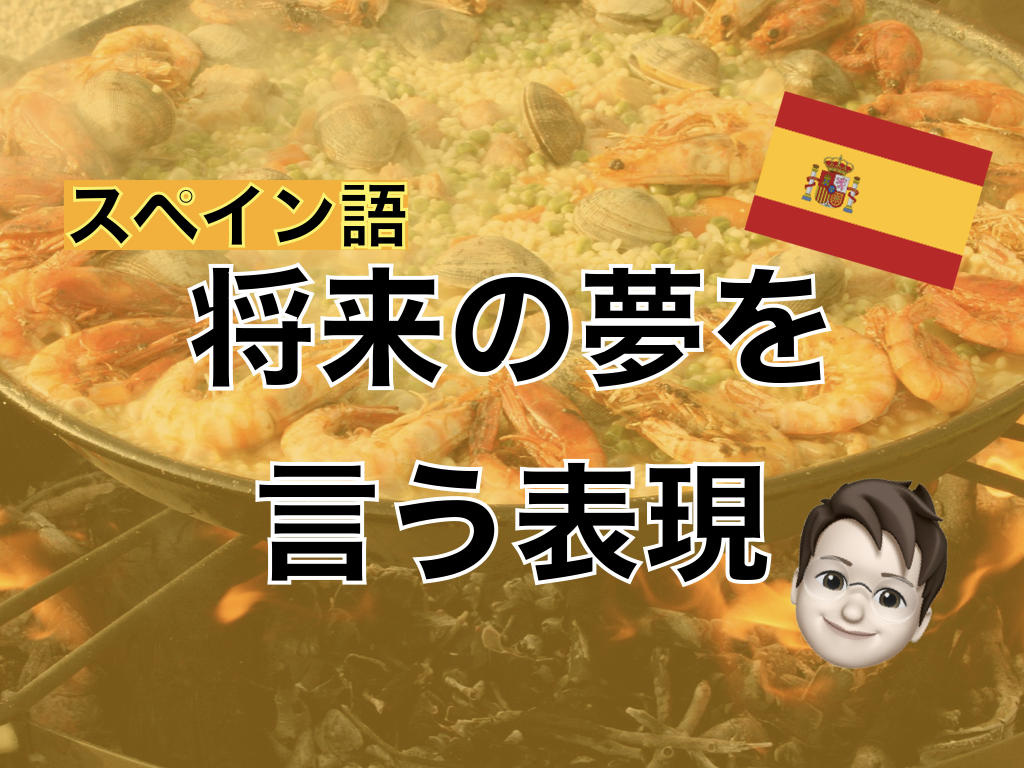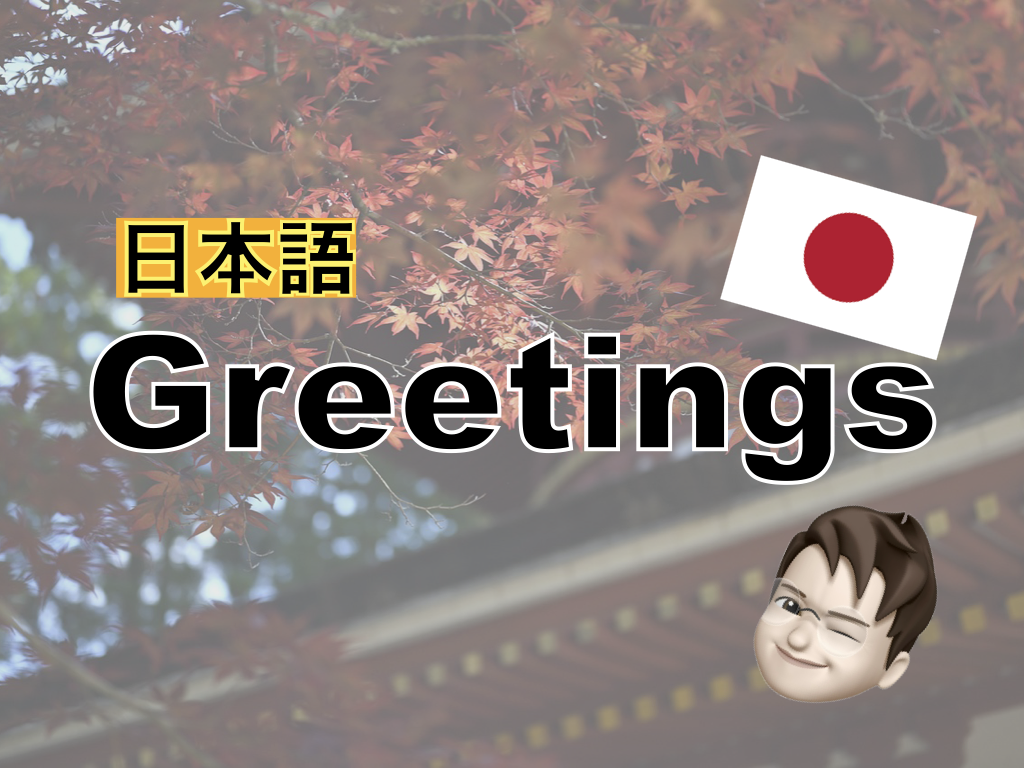
Basic Greetings

・こんにちは。
(Konnichiwa)
“Hello.”
・やあ! / こんにちは
(Yaa! / Konnichiwa)
“Hi!”
・おはようございます。
(Ohayou gozaimasu)
“Good morning.”
・おはよう。
(Ohayou)
“Good morning.” (casual)
・こんばんは。
(Konbanwa)
“Good evening.”
・おやすみなさい。
(Oyasuminasai)
“Good night.”
・おやすみ。
(Oyasumi)
“Good night.” (casual)
・さようなら。
(Sayounara)
“Goodbye.”
・またね。
(Mata ne)
“See you later.” (casual)
・また明日。
(Mata ashita)
“See you tomorrow.”
・気をつけて。
(Ki o tsukete)
“Take care.”
◯「こんにちは」 is used only during the daytime. It is not for the morning or evening.
◯「おはよう」is casual, but adding 「ございます (gozaimasu)」 makes it polite.
Polite Greetings & Small Talk

・お元気ですか?
(Ogenki desu ka?)
“How are you?”
・はい、元気です。ありがとう。
(Hai, genki desu. Arigatou.)
“I’m fine, thank you.”
・あなたは?
(Anata wa?)
“How about you?”
・久しぶり。
(Hisashiburi)
“Long time no see.” (casual)
・お久しぶりです。
(Ohisashiburi desu)
“Long time no see.” (formal)
・ありがとう。
(Arigatou)
“Thank you.” (casual)
・ありがとうございます。
(Arigatou gozaimasu)
“Thank you very much.” (formal)
・どういたしまして。
(Dou itashimashite)
“You’re welcome.”
◯「お元気ですか? 」 is polite but not used often in daily conversation. Instead, Japanese people just say 「元気? (Genki?)」 casually.
Casual Greetings for Friends & Family
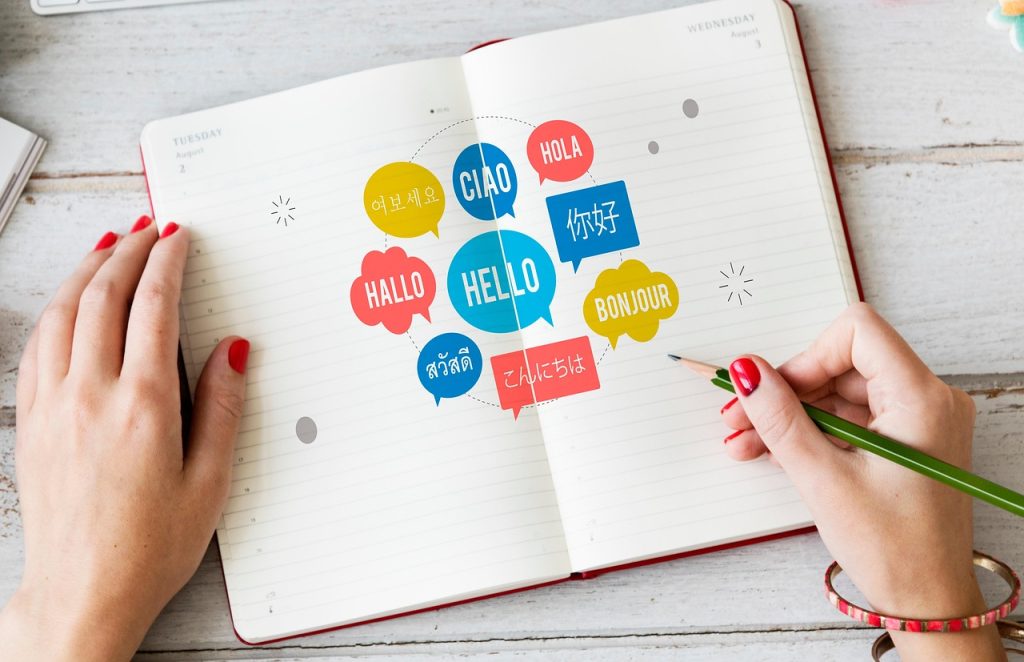
・やあ!
(Yaa!)
“Hey!”
・よっ!
(Yo!)
“Hey!”
・最近どう?
(Saikin dou?)
“What’s up?”
・じゃあね
(Jaa ne)
“See you later.”
・またね
(Mata ne)
“See you later.”
・きをつけて!
(Ki o tsukete!)
“Take care!”
・バイバイ
(Baibai)
“See you!”
◯「じゃあね」 is a friendly way to say “See you later.”
◯「バイバイ」 is commonly used, especially by young people and children.
Formal Greetings for Business & Respectful Situations

・はじめまして。
(Hajimemashite)
“Nice to meet you.”
・よろしくお願いします。
(Yoroshiku onegaishimasu)
“Pleased to meet you.”
・ごめんなさい。
(Gomen nasai)
“I’m sorry.”
・すみません。
(Sumimasen)
“Excuse me / Sorry.”
・失礼します。
(Shitsurei shimasu)
“Excuse me.” (formal)
・お疲れ様です。
(Otsukaresama desu)
“Thank you for your hard work.”
・お世話になります。
(Osewa ni narimasu)
“I’ll be in your care.”
◯「よろしくお願いします」has no exact English equivalent, but it means something like “Please take care of me” or “Let’s work well together.”
◯「お疲れ様です」is used after work to show appreciation.
Special Occasion Greetings

・明けましておめでとうございます。
(Akemashite omedetou gozaimasu)
“Happy New Year.”
・お誕生日おめでとう。
(Otanjoubi omedetou)
“Happy Birthday.”
・おめでとうございます。
(Omedetou gozaimasu)
“Congratulations.”
・メリークリスマス!
(Merī Kurisumasu)
“Merry Christmas!”
・頑張って!
(Ganbatte)
“Good luck!”
・乾杯!
(Kanpai)
“Cheers!”
◯「頑張って!」 means “Do your best!” or “Good luck!”
◯「乾杯!」 is always said when making a toast.

